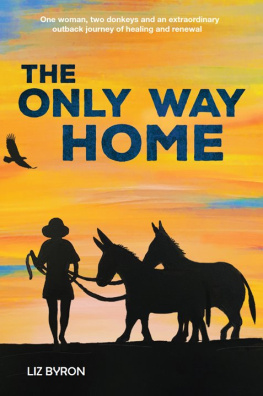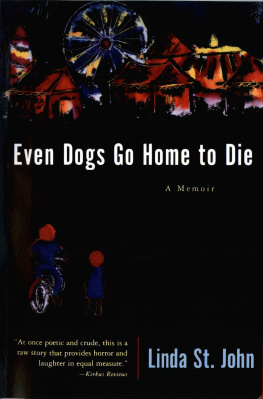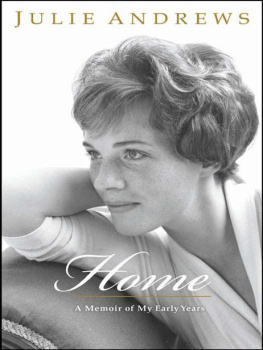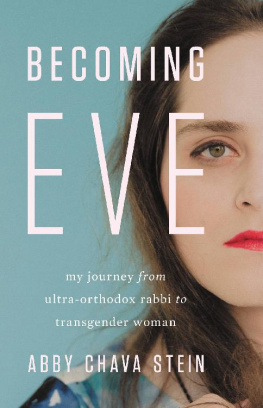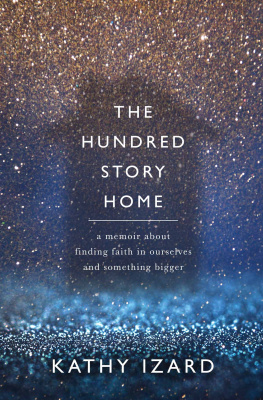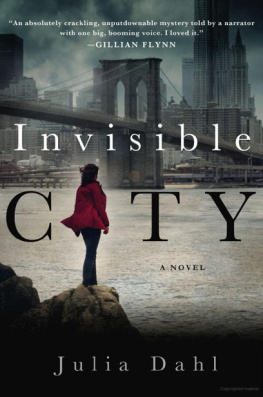Uncovered


Copyright 2015 by Leah Lax
All rights reserved. No part of this publication may be reproduced, distributed, or transmitted in any form or by any means, including photocopying, recording, digital scanning, or other electronic or mechanical methods, without the prior written permission of the publisher, except in the case of brief quotations embodied in critical reviews and certain other noncommercial uses permitted by copyright law. For permission requests, please address She Writes Press.
Excerpts from this book have been published in Moment Magazine, Lilith Magazine, Survivors Review, Intellectual Refuge, Crab Orchard Review, The Double Dealer, and in the anthologies Keep Your Wives Away From Them (North Atlantic Books, 2010), and Beyond Belief: The Secret Lives of Women in Extreme Religion (Seal Press, 2013).
The lines from What Is Possible. Copyright 2013 by The Adrienne Rich Literary Trust. Copyright (c) 1981 by Adrienne Rich, The lines from Twenty-One Love Poems. Copyright 2013 by The Adrienne Rich Literary Trust. Copyright (c) 1978 by W. W. Norton & Company, Inc., from LATER POEMS: SELECTED AND NEW, 1971-2012 by Adrienne Rich. Used by permission of W. W. Norton & Company, Inc.
Published 2015
Printed in the United States of America
ISBN: 978-1-63152-995-5
e-ISBN: 978-1-63152-996-2
Library of Congress Control Number: 2015933018
Book design by Stacey Aaronson
For information, address:
She Writes Press
1563 Solano Ave #546
Berkeley, CA 94707
She Writes Press is a division of Spark Point Studio, LLC.
for Mom
I never did let her read this.
And for covered women everywhere.

Back in 2006, still celebrating my new freedom, I traveled with Susan to New Orleans for the first Mardi Gras after Hurricane Katrina. That parade was particularly, defiantly raucous. As a comment on the recent devastation, one of the passing revelers was handing out toy vermin. He gave me an especially ugly rubber rat, Lying Rat painted on it in green puff paint. I kept that rat beside me as a warning through the long process of writing this memoir. Yes, memoir is written with the flawed tool of memory, and individual experience distorts the view, and yes, I found it necessary to change names, approximate conversations, and gather repeated events into single scenes, but this is to attest that I looked within myself on every page trying to capture the truth as best I could. As best I could.
But hope deferred is still hope.
MARILYNNE ROBINSON, GILEAD
One
Y aancha adonoi byom tsarah ysagevcha shem elohei yaakov. A bride is to fast and recite the entire book of psalms on her wedding day, and so I stand at attention in a back room of my grandparents elegant Dallas home on an August day in 1975 in a wedding gown that covers me to chin and wrists and to the floor, sounding out Hebrew words I dont understand from a softbound prayer book, a shining train of fine cloth puddled on the vacuumed carpet behind me. My mother and two sisters are fixing their makeup at the vanity. My mother and grandmother have been holding their chins high all day as if practicing for tonight, lips pulled tight, pretending theyre not embarrassed by my new religious demands. They are determined to still have their Dallas society wedding even if the bearded Hasidic men I have invited taint them with the ignorant superstitions of the old country.
I smile and whisper the Hebrew words, keenly aware that they feel exactly as if hillbilly relatives just showed up uninvited to take over their nouveau-riche affair. Syllables separate and march, each equal in weight and mystery, like a steady drum drowning out their petty materialism. Yishlach ezrcha mikodesh umitsion yisadecha. I just turned nineteen, and Im proud and determined to accomplish this exit from my family by trumping them all with God. My psalms will draw down Gods blessings on our auspicious occasion and suffuse us all with holy light on this day of my Hasidic wedding.
Outside, the sky is electric blue over a North Dallas neighborhood of manicured lawns and privacy walls, not far from the country club my Jewish cousins were only recently allowed to join. Its another in a string of ninety-five-degree August days. Sounds of clinking and muffled voices from the front room have dwindled. Much of the furniture in the front of the house is now cleared away, the lovely smell of a kosher feast spread on long, covered tables wafting back to us. A ghost of an ivy-draped wedding canopy out on the patio is partly visible through the floor-length curtains. Hurricane lamps on pedestals dot the vast lawn beneath old shade trees of mimosa, pecan, Texas ash. Soon, the sun will go down and I will be given to tall bearded Levi in his long black satuk coat under the stars. Then my photograph will appear on the society page in next Sundays Dallas Morning News, August 17, 1975: The bride wore satin with her grandmothers veil of handmade lace.
Mom. A little modesty, please? I say, fussing at her because her gown is sleeveless. I add in a stage whisper, Rabbi Frumens in the next room. Put on the bolero! Rabbi Yosef Yitzchak Frumen is a shaliach, the emissary over all of Texas for the Lubavitcher Rebbe, our Hasidic leader. Hes doing the ketubah about now!
The what? my mother says.
I roll my eyes. The wedding contract.
She gives a little huff. Put the book down for a minute, would you? she says. Come here. Come to the mirror. I want to put the veil on you. She picks up the lace crown and her eyes go moist. She wore that crown, that veil, once. So did her mother.
I dont want to see her eyes. I think of the secret of her hoarded clutter, how her elegant mother refuses to walk into our home, how we were left alone in it growing up, how often she forgets to make meals. I think, Put the veil on me? Now you care? Fortunate for you, Mom, the gown isnt the dirty gray of our life. The white dress covers all that, and now here you are, offering to help me to disappear.
ONCE, WHEN I WAS SMALL, I searched for and then found my mother in her studio in front of a tall canvas on an easel that stretched high above my head. On a square table nearby lay an array of half-squeezed tubes with the tops off, tiny, bright circles of orange, green, red, white, glistening in fluorescent light. In her hand was a palette marked with feathered strokes, on it a curved line of little mounds of color. The air was filled with the familiar smells of turpentine and linseed oil, words which I already knew. She was dabbing with a brush, seemed lost in the canvas.
My mother didnt look down or acknowledge me, so I stood and watched. I was soon filled with the inexplicable sense that shed gone away and left me behind. I peered up into her canvas at those yawning spaces and vivid colors as if I could find her in there, but there were too many places where she could hide. I needed to climb into the painting to find my mother, but then I would be lost in a strange landscape, and that would prove her an ever-receding figure.
She was busy with her brush and unconcerned about leaving me, and she was using a color language I didnt understand like a tool of escape. I felt then, and know now, that in a way, the painting was her shape on the inside. If I could just decipher her color language, maybe I could follow.
Next page

